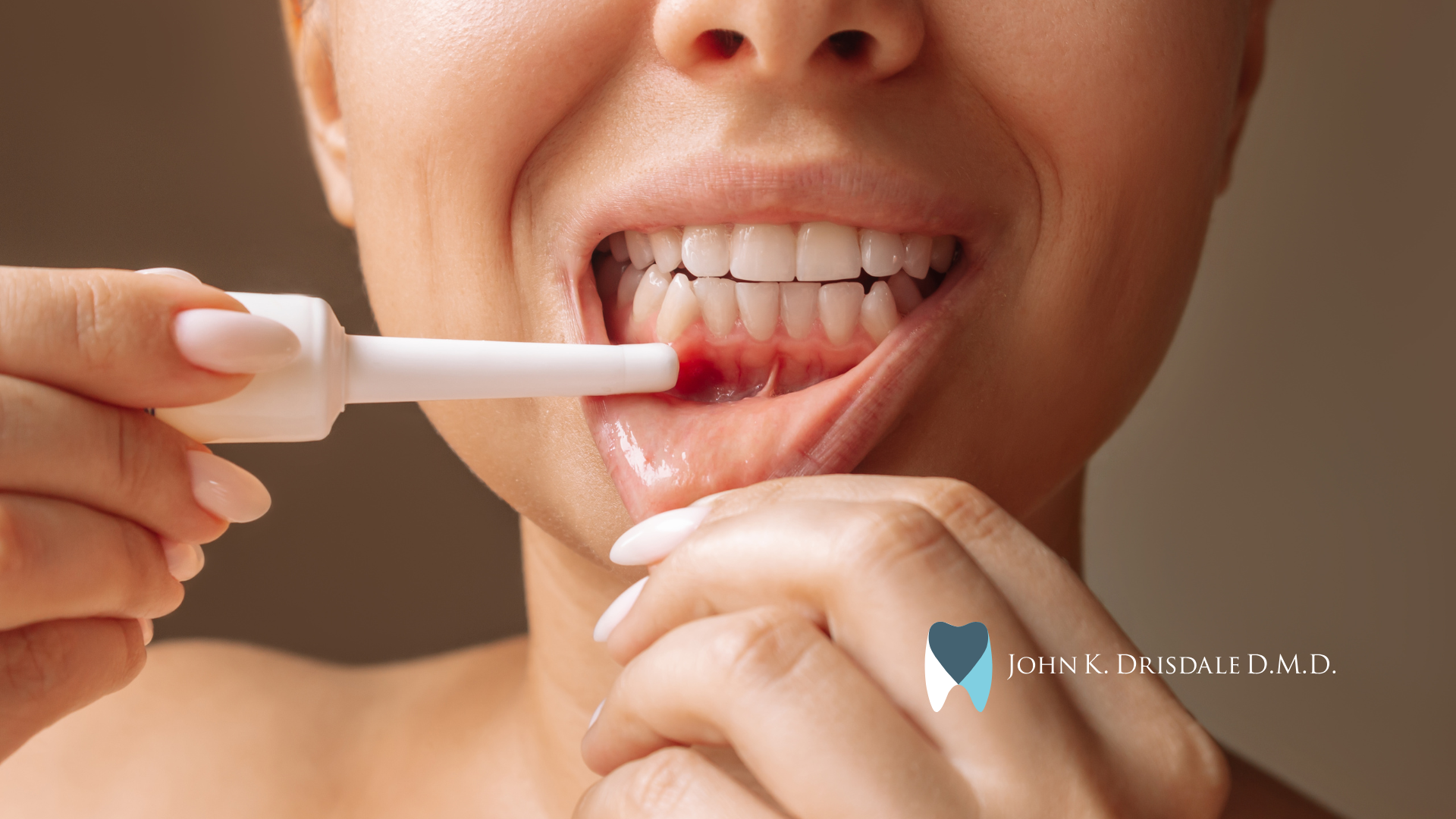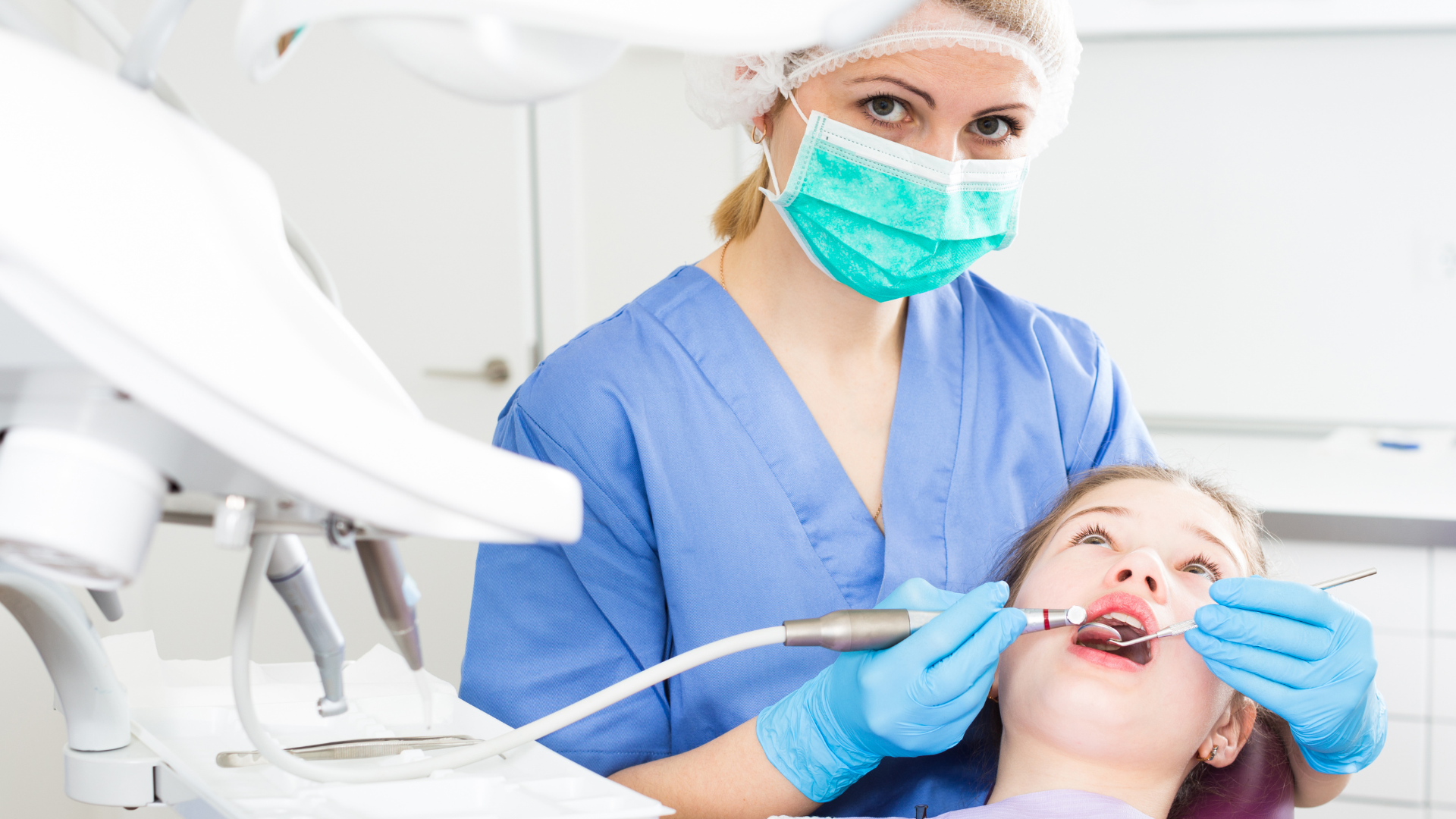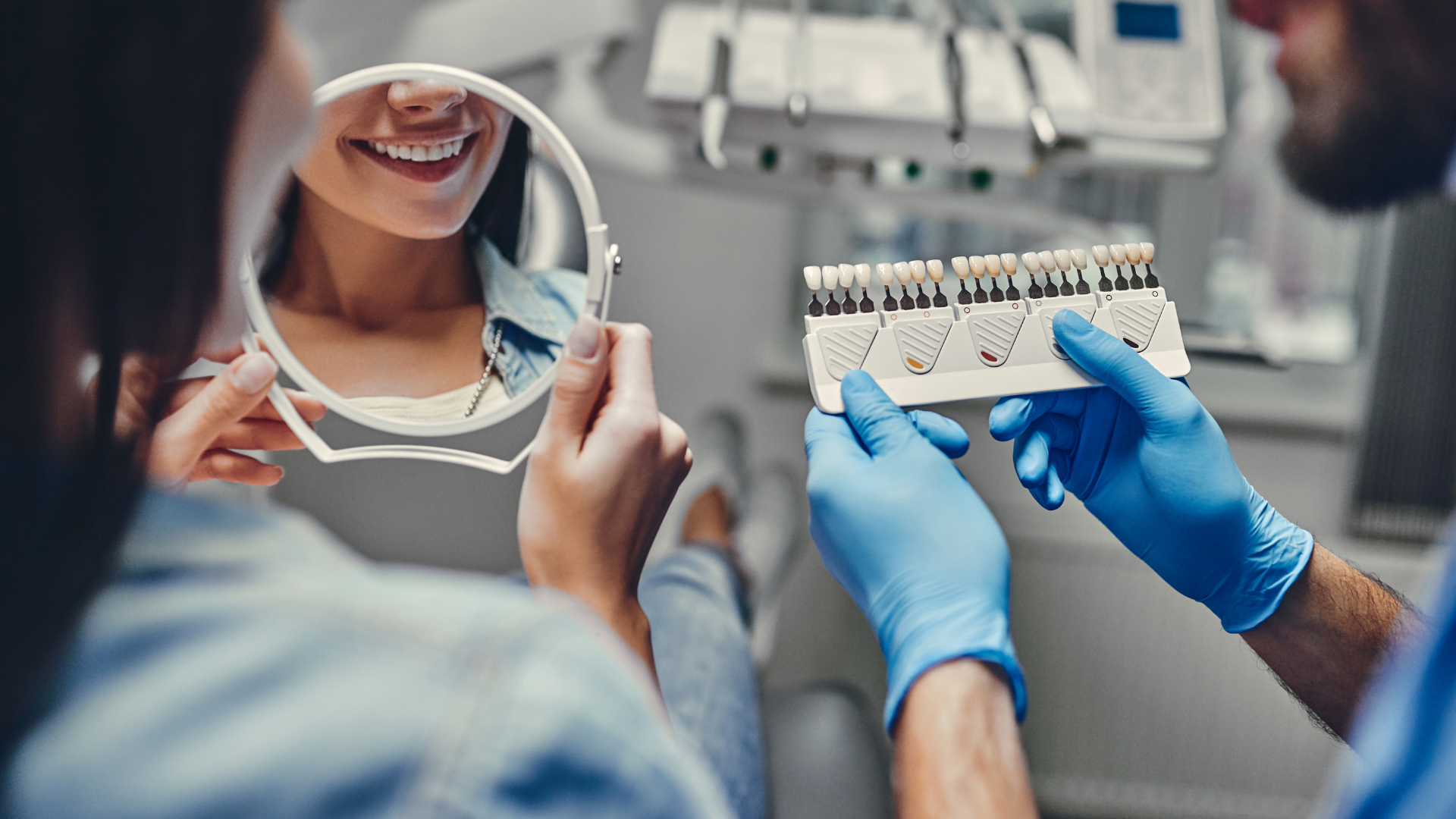Understanding Gum Boils: What You Need to Know

If you’ve noticed a small bump on your gums that looks like a pimple, you may be dealing with a gum boil. While it can be alarming, gum boils are a fairly common dental issue that signal an underlying infection. Addressing them early is key to protecting your oral health and preventing complications.
At
John K Drisdale DMD, we help patients understand what gum boils mean, how to treat them, and most importantly—how to stop them from coming back.
What Are Gum Boils?
A gum boil, also known as a dental abscess, is a swollen bump on the gums caused by a bacterial infection. It often looks red, swollen, and may even produce pus. While it might seem like a minor issue at first, it’s actually your body’s way of telling you that something deeper—like an infection inside the tooth or gums—needs attention.
Common Causes of Gum Boils
Several factors can lead to gum boils, including:
- Untreated tooth decay – allowing bacteria to spread to the roots.
- Periodontal (gum) disease – when gum infections worsen over time.
- Poor oral hygiene – plaque buildup creating pockets for bacteria.
- Injury or trauma – damaged teeth or gums can become infected.
- Weakened immune system – making it harder to fight off infections.
Symptoms You Shouldn’t Ignore
Some gum boils are painless, while others can be quite uncomfortable. Symptoms may include:
- Swelling or redness around the gums
- A visible pimple-like bump filled with pus
- Bad taste in the mouth from drainage
- Tooth sensitivity or pain when chewing
- Swelling in the jaw or face (in severe cases)
If you experience these signs, it’s best to get checked promptly.
Home Remedies vs. Professional Care
While rinsing with warm salt water may provide temporary relief, gum boils do not heal on their own. Home remedies can ease discomfort, but they cannot eliminate the infection. Left untreated, gum boils can spread bacteria to other parts of the body, posing serious health risks.
How a Dentist Treats Gum Boils
Professional dental care is the only way to properly treat a gum boil. At John K Drisdale DMD, treatment may include:
- Draining the abscess to relieve pain and swelling.
- Prescribing antibiotics to clear the infection.
- Root canal therapy if the infection started inside the tooth.
- Periodontal treatment if gum disease is the cause.
- Tooth extraction in severe cases where the tooth cannot be saved.
The right treatment depends on the source of the infection, which is why a professional diagnosis is essential.
Preventing Gum Boils: Tips for Better Oral Health
The best defense against gum boils is a strong oral hygiene routine, which includes brushing, flossing, and scheduling regular checkups with your dentist. Here are some helpful tips:
- Brush twice daily with fluoride toothpaste
- Floss once a day to remove hidden plaque
- Schedule routine cleanings and checkups
- Eat a balanced diet low in sugary foods
- Address dental issues promptly before they worsen
When to See John K Drisdale DMD
If you notice swelling, pain, or a bump on your gums, don’t wait for it to get worse. Gum boils are a sign that something more serious may be happening beneath the surface. John K Drisdale DMD and his team provide gentle, effective care to diagnose the problem and restore your oral health.
Frequently Asked Questions About Gum Boils
What causes gum boils?
Gum boils are primarily caused by bacterial infections that may result from untreated dental decay, gum disease, or trauma to the mouth.
Are gum boils contagious?
No, gum boils themselves are not contagious, but the bacteria causing them can spread through saliva, so it's essential to maintain good oral hygiene.
Can gum boils go away on their own?
While some minor infections might resolve without treatment, gum boils often require professional dental care to prevent worsening of the condition.
What happens if a gum boil is left untreated?
Ignoring a gum boil can lead to a spread of infection, which might result in more severe health issues, including tooth loss, spread of infection to other parts of the body, and increased risk of systemic conditions.
How can I prevent gum boils?
Prevent gum boils by maintaining good oral hygiene practices, including regular brushing, flossing, and dental check-ups. Avoiding sugary snacks and quitting smoking can also reduce the risk.
Conclusion
Gum boils are a treatable dental condition that should not be ignored. At John K. Drisdale, we are dedicated to providing effective treatments and preventive care to ensure our patients maintain optimal dental health. Schedule your appointment today to address any concerns and keep your smile healthy and bright.



